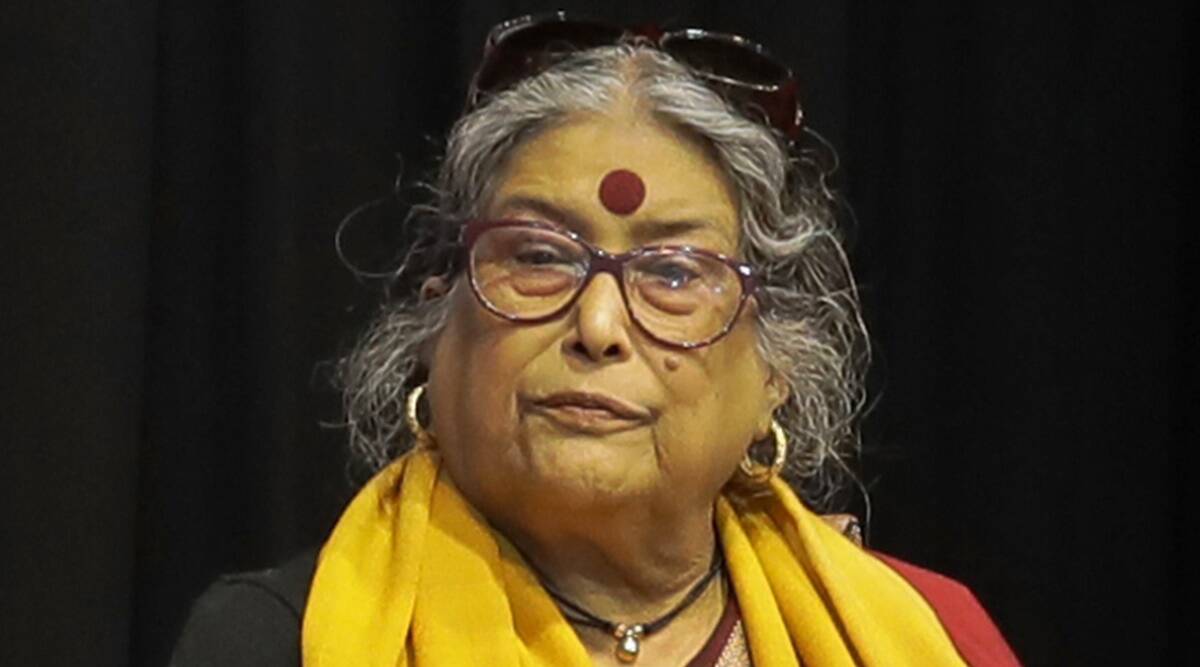Frontlist | The path she traced: Nabaneeta Dev Sen Memorial Lecture
Frontlist | The path she traced: Nabaneeta Dev Sen Memorial Lectureon Jan 18, 2021

Gombrich spoke of the importance of Dev Sen’s dynamic approach to the epics during the course of his lecture. “Dev Sen was one of the pioneers in unearthing, acknowledging and popularising the plurality of the Ramayana tradition in India. There are few who have worked so ceaselessly to highlight that Ramayana is not a fixed body but a living text, which exists in so many different incarnations, which could be made to yield so many different afterlives. Dev Sen went back again and again to the possibilities recondite within the narrative of the Ramayana and posited it as a repository for undertaking positive social change,” he said.
The event was attended, virtually, by the writer’s friends and acquaintances, including economist and Nobel laureate Amartya Sen, whom she was married to between 1959 and 1976, academic Gayatri Spivak, sociologist Ashis Nandy, activist Irom Sharmila, writer and editor Anjum Katyal, writers Volga, Arshia Sattar and Sampurna Chattarji, among others. The evening also saw a performance by singer, songwriter and archivist Moushumi Bhowmik of Sita’s panchali, that she came across in Kishoreganj in Bangladesh’s Mymensingh. Dev Sen had extensively worked on the Ramayana, particularly on the Chandrabati Ramayana, a retelling by a 16th-century poet from Mymensingh (now in Bangladesh).
Samhita Arni, author of The Missing Queen (2013), Sita’s Ramayana (2011) and The Mahabharata: A Child’s View (1996), spoke of her brief acquaintance with the author and “how human and accessible she was”. “I grew up in a generation where when we talked about the Ramayana we only talked about the mainstream Ramayana. The Ramayana that I knew growing up was the one that we watched on television — the Valmiki and the Tulsidas Ramayana. When I read her work, it just sort of opened up so much for me — the idea that women themselves were storytellers, the idea that women could, in fact, subvert the narratives through song, through criticism, through so many different ways that we could actually take control of narratives that had been created by men or created by patriarchy and in doing so subvert them and challenge them,” she said.
Authors
Frontlist Book News
Frontlist India news
Frontlist Latest news
Indian Author News Frontlist
Indian authors
Indian Writer News Frontlist
Indian Writers
Nabaneeta Dev Sen
Nabaneeta Dev Sen Memorial Lecture



.jpg)






.jpg)

.jpg)
.jpg)
.jpg)
.jpg)
.jpg)










Sorry! No comment found for this post.